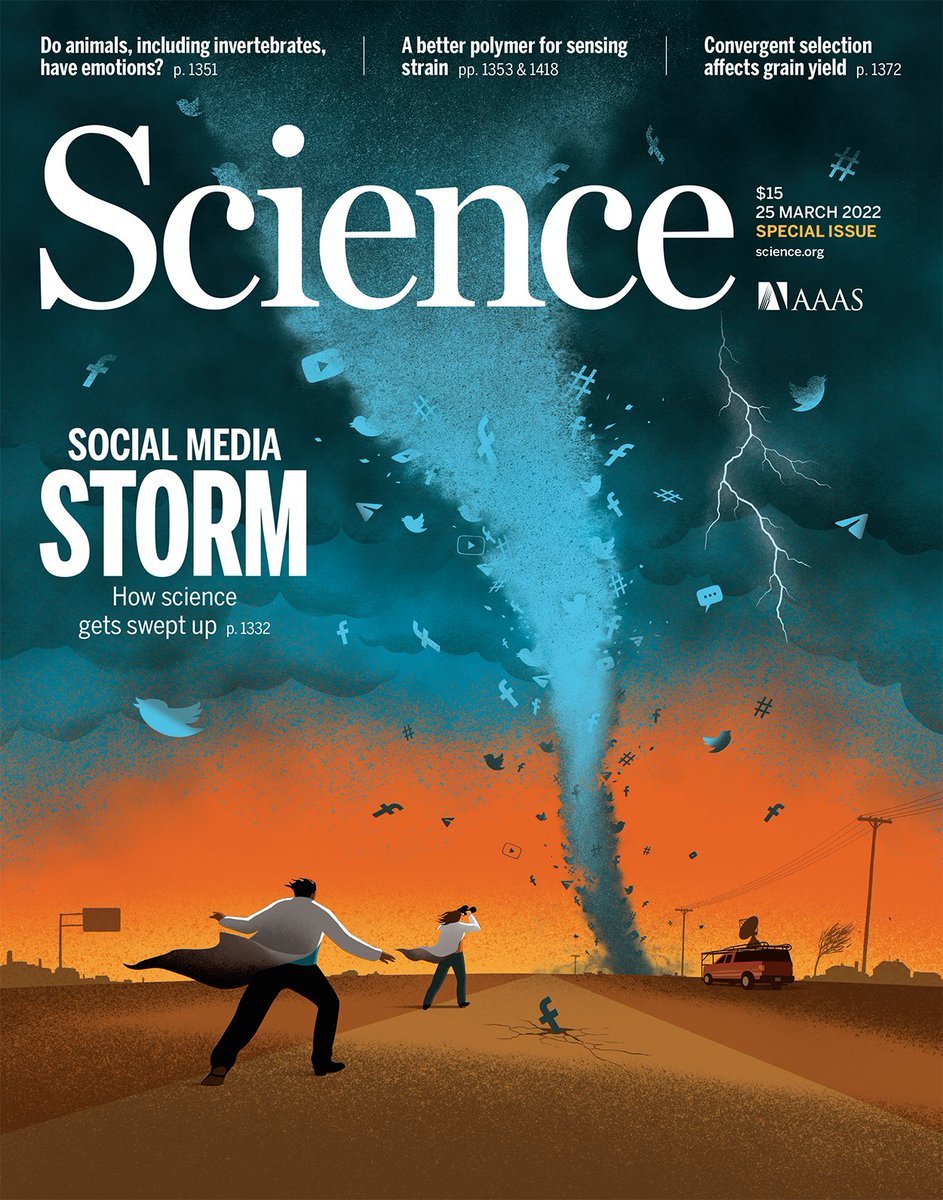Photo courtesy of Enago Academy
Editor: Effective natural resource management and conservation is science-based. Science is also critical in the formation of priorities, action plans and successful program response.
Unfortunately, we currently live in a time where science is just another opinion. Witness the recent Science article “On the trail of bullshit” and the ongoing battle against misinformation (see below).
Science needs to be accessible and tell us the why and gauge the urgency. For example, a concern for climate impacts on fisheries can be simplified to a focus on the impacts of warming water and sea level rise. But we must rely heavily on science for solutions on how to deal with resulting range of impacts that these two seemingly simplistic impacts translate into, including habitat loss, fragmentation, shifting stocks, invasive species, and hybridization, to name a few. And we must fight the tsunamis of misinformation.
Fighting Misinformation
Readers of the March 25 issue of Science may have been startled to read a headline that read “On the trail of bullshit,” and even more startled to realize the very real impacts the spread of misinformation has visited on human health and society.
When Carl Bergstrom worked on plans to prepare the United States for a hypothetical pandemic, in the early 2000s, he and his colleagues were worried vaccines might not get to those who needed them most. “We thought the problem would be to keep people from putting up barricades and stopping the truck and taking all the vaccines off it, giving them to each other,” he recalls.
When COVID-19 arrived, things played out quite differently. One-quarter of U.S. adults remain unvaccinated against a virus that has killed more than 1 million Americans. “Our ability to convince people that this was a vaccine that was going to save a lot of lives and that everyone needed to take was much, much worse than most of us imagined,” Bergstrom says.
He is convinced this catastrophic failure can be traced to social media networks and their power to spread false information—in this case about vaccines—far and fast. “Bullshit” is Bergstrom’s umbrella term for the falsehoods that propagate online—both misinformation, which is spread inadvertently, and disinformation, designed to spread falsehoods deliberately.
“Misinformation has reached crisis proportions,” Bergstrom and his UW colleague Jevin West wrote in a 2021 paper in the Proceedings of the National Academy of Sciences (PNAS). “It poses a risk to international peace, interferes with democratic decision-making, endangers the well-being of the planet, and threatens public health.” In another PNAS paper, Bergstrom and others issued a call to arms for researchers to study misinformation and learn how to stop it.


